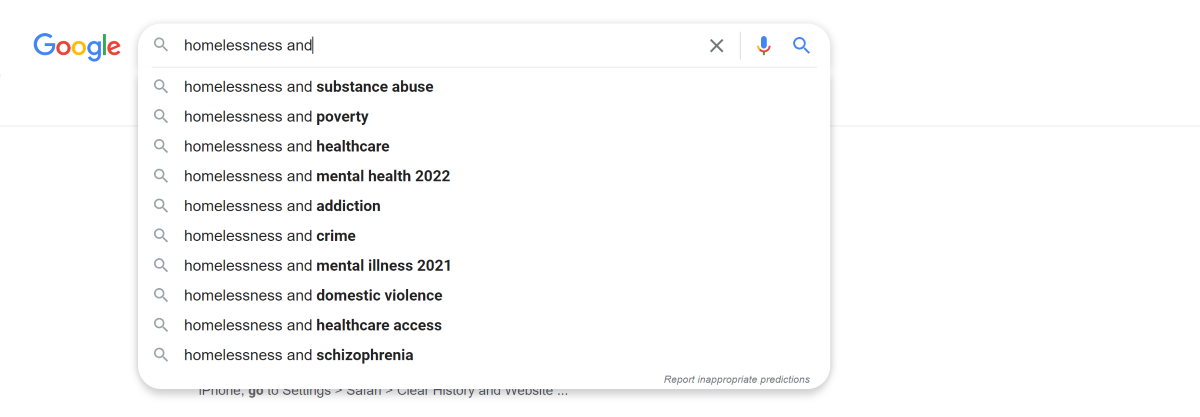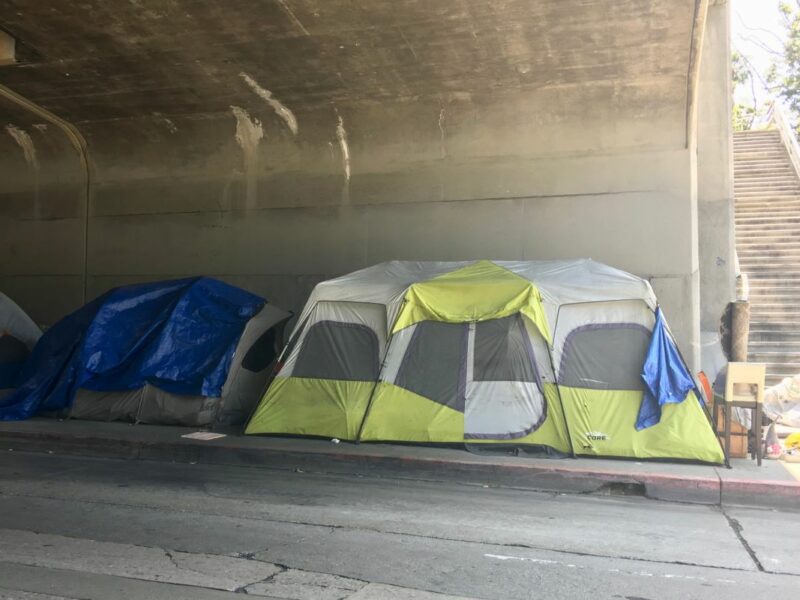Predictive search is a relatively new concept in comparison to other linguistic forms. Emblematic of the internet age, this crafty feature that allows search engines to prompt you with the phrase you’re thinking up next serves countless hours of fun social media games.
We’ve all heard the hilarious catchphrases that occur when you type in your name and the thing you ate for breakfast and then let the search engine finish your sentence. Perhaps you’ve started the sentence “I love to…” and then let the internet try and guess what you love to do.
Predictive search results, sometimes called autocomplete searches, play a subtle but important role in internet culture. This smart feature says a lot about what the internet thinks we think every time it fills in the blanks.
While the suggested words and phrases that appear beneath the search bar when you’re typing might seem random and mysterious, they’re actually the work of sophisticated algorithms that gather internet language into popular opinions.
The dropdown menu isn’t necessarily the most accurate information. Instead, it reflects the most searched information, a critical distinction.
Autocomplete is one of the driving forces that led some search engines to rise above others, propelling Google itself to its current fame. The tool is convenient, narrowing minute-long searches down to second-long searches as avid web surfers navigate the dropdown menu.
But beyond this element of convenience that is the predictive search results’ claim to fame lies another component of equal importance – the predictive element.
According to Google, “Autocomplete predictions reflect real searches that have been done on Google.”
These predictive query results consider language, location, and past and present trends. Not only do they reflect what people search for, but they also affect what people search for, holding enough sway to influence major political events like elections.
Imagine the average person who just wants some quick information on a topic and needs to get it quickly. This person doesn’t stand a chance against the most popularly held beliefs.
Let’s say, for example, that you’re seeking general information about homelessness. You type “homelessness and…” into the search bar, and the dropdown menu appears. It shows common phrases other people associate with homelessness.
Naturally, you click on the first phrase the search engine projects, which already adds a subtle bias to the search. For reference purposes, here’s a “window” into precisely what that looks like:

Google Search Autocomplete Suggests Homelessness and ‘Substance Abuse’ as the First Option
As you can see, Google fills in the blank after the phrase “homelessness and” with the keywords “substance abuse.” This is hardly the first thing that should be associated with homelessness.
According to PubMed.gov, “credible estimates of the prevalence of alcohol and drug abuse suggest that alcohol abuse affects 30% to 40% and drug abuse 10% to 15% of homeless persons.”
Even if you veer toward the higher estimates on both counts, this still leaves half or almost half of the homeless population without any substance abuse issues.
Other key phrases that appear on the list are also related more to myths about homelessness than actual facts.
For example, research commissioned by Invisible People shows that 60% of Americans wrongly believe that addiction or mental illness are the top cause of homelessness, which certainly explains why variations of these phrases are suggested more than once by Google.
In reality, however, the leading cause of homelessness in America is a lack of affordable housing. The fact that this phrase isn’t listed at all is very telling. Unemployment, the second-leading cause of homelessness, is also absent from the dropdown bar.
If one were to go down a researching rabbit hole adhering to these prompts, one would already be researching homelessness from a perspective that altogether skips over its root causes.
Bing Autocomplete Lists Homelessness and ‘Mental Health’ as its First Option

Bing users heading down the same rabbit hole will encounter similar results, merely listed in a different order. Here we find mental health, another cause of homelessness proven to be overinflated by the general public, as the top associated term.
Other negative stereotypes, like crime and addiction, are also front and center, creating stigmas. Interestingly enough, there is still no mention of housing.
Neither Bing nor Google ties housing of any form to homelessness, despite all the overwhelming evidence that proves the current shortage of more than 7.2 million affordable homes is fueling the homeless crisis.
What Are We Searching For if not the Truth?
“To a large extent, online public opinion reflects the most real thoughts of the current people.”
Bing Huang of Southwest University for Nationalities, Chengdu, China
Since the web first took the world by storm, there has been much debate about the contrast between the real world and its virtual counterpart, the difference between what people are willing to do in a coffee shop versus what they are willing to say in a YouTube comments section.
Here, with homelessness, we witness something slightly out of the ordinary. It is a crossroads where the same misunderstandings being conveyed in face-to-face surveys are being inputted into the blinking search bars, making these misgivings apparent in the light and the dark.
It’s almost as if we like things this way. If that truly is the case, it begs a more important question still:
When it comes to homelessness, what are we searching for if not the truth?
Talk To Your Representatives About Addressing the Leading Causes of Homelessness
Homelessness became a national issue in 1870, more than 150 years ago. Since then, we have seen unfathomable advancements from a technological perspective. Thanks largely to the internet, information regarding social issues is at our fingertips. Sadly, it is often misleading information.
Why have we not established the link between homelessness and housing for over a century and a half? Talk to your representatives about making that housing a human right.











